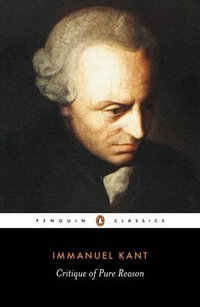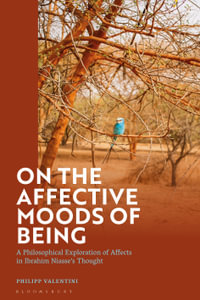Traditional empiricist accounts of causation and of laws of nature have been reductionist, in the sense of entailing that, given a complete specification of the non-causal properties of, and relations among, particulars, it is thereby logically determined both what laws there are, and what events are causally related. It is argued here, however, that reductionist accounts of causation, and of laws of nature, are exposed to decisive objections, and thus that the
time has come for empiricists to break with that tradition. The basic goal of this book, therefore, is to set out, and to defend, realist accounts of these concepts. In the case of
causal relations, for example, Tooley maintains that causation is basically a matter of theoretical relations which underlie and explain relative frequencies. He argues that such an approach avoids the objections that tell against reductionist accounts, and that it does so without making casual relations epistemologically inaccessible.
Industry Reviews
' complex, but clearly set out, and it certainly constitutes a significant contribution to professional discussion of the issue'
Jonathan Cohen, Times Literary Supplement
'I am full of admiration for the rigorous but imaginative argumentation of the book. The book is likely to stand for some time as a classic exploration of the possibilities of a realist metaphysics of causation.'
Peter Menzies, University of Sydney. Australasian Journal of Philosophy
'contains useful and interesting discussions of the nature of causal priority, and the related question of the possibility of a causal theory of time ... there can be no doubting the value and interest of Tooley's thorough and systematic defense of causal and nomic realism'
John Bishop, University of Auckland, Review of Metaphysics, December 1991
'workmanlike, technically proficient, and well-organized'
.J. Lowe, University of Durham, The Philosophical Quarterly, Vol. 41, No. 165

























